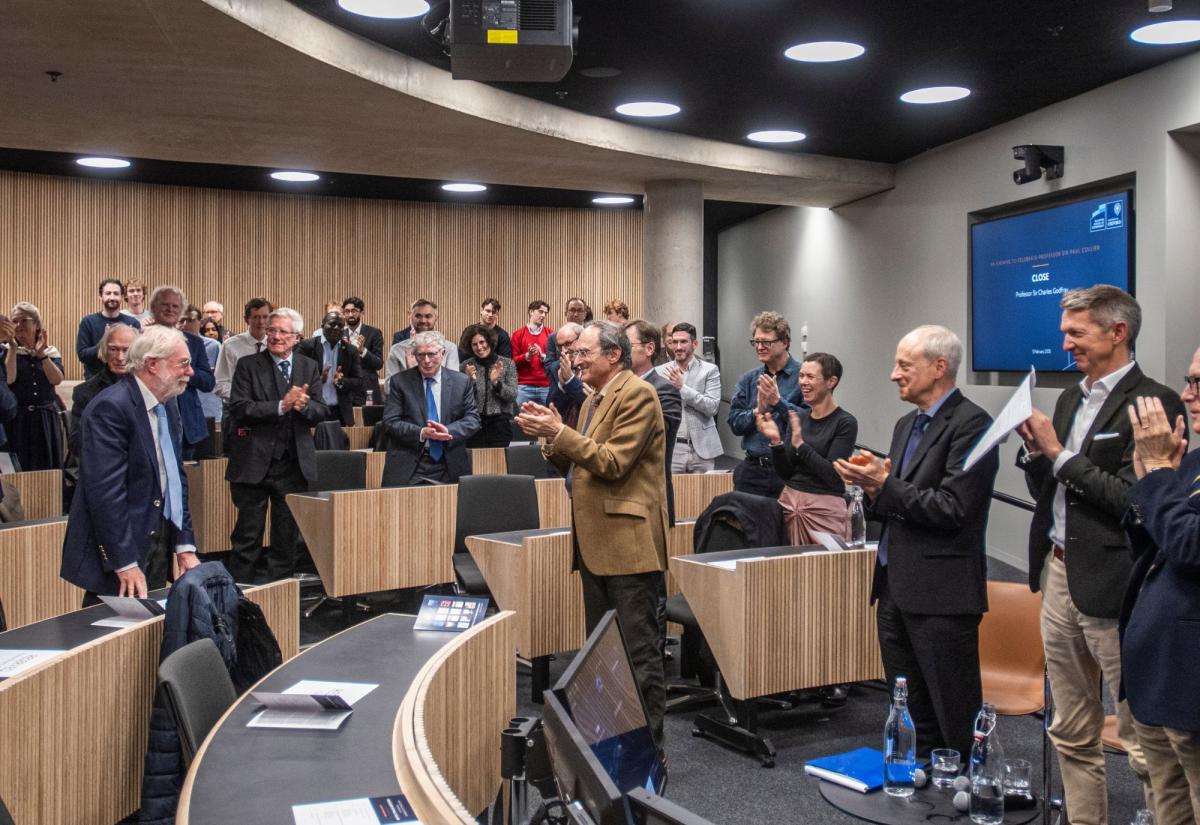Why is global governance failing just when we need it most? A new book argues that, ironically, many of the causes of contemporary gridlock stem in part from the previous successes of the multilateral order.
“Gridlock: Why global cooperation is failing when we need it most,” is co-authored by three experts in international relations, including the Blavatnik School of Government’s Dr Thomas Hale.
The authors’ arguments developed after they attended a number of lectures exploring the unsatisfactory outcome of the Copenhagen Climate Change Conference in 2009. Why had the climate negotiations stalled? The question could just as easily have been asked about international finance, nuclear proliferation, biodiversity and a range of other topics that require international cooperation. The fundamental challenge that seemed to need addressing was: why is a state of “gridlock” increasingly characteristic of international negotiations and organisations?
Ranging over the main areas of global concern, from security to the global economy and the environment, the book examines these mechanisms of gridlock and pathways beyond them. Ultimately, the book argues against “silver bullet” solutions, and emphasizes the need for recognition of gridlock as a general condition of global politics. A deeper understanding of the complexities and causes of global governance challenges may well lead to more effective, longer term solutions.
Pascal Lamy, Director-General of the World Trade Organization, described the book as, “A must-read for those thinking about a better global governance.” Professor Anne-Marie Slaughter of Princeton University writes in her review: “International institutions are less and less able to solve global problems even as we need them more and more. Gridlock offers a lucid and concise set of explanations for the dysfunction we observe across the security, economic, and environmental arenas. Best of all, by identifying systemic patterns of failure and the underlying causes, the authors are able to put forward a useful set of practical solutions. A great read for policymakers and experts.”
“Gridlock: Why global cooperation is failing when we need it most,” by Thomas Hale, David Held and Kevin Young, is published by Polity Press (June 2013).
About the authors:
- Thomas Hale is a postdoctoral research fellow at the Blavatnik School of Government, Oxford University. His research explores how we can manage transnational problems effectively and fairly. He holds a PhD in Politics from Princeton University.
- David Held is Master of University College, Durham and Professor of Politics and International Relations at Durham University. He is also a Director of Polity Press, and General Editor of Global Policy.
-
Kevin Young is Assistant Professor in the Department of Political Science at the University of Massachusetts Amherst. His research focuses on international political economy, the politics of financial regulation and transnational policy networks. His recent work appears in The Review of International Political Economy, Regulation and Governance and Public Administration.



